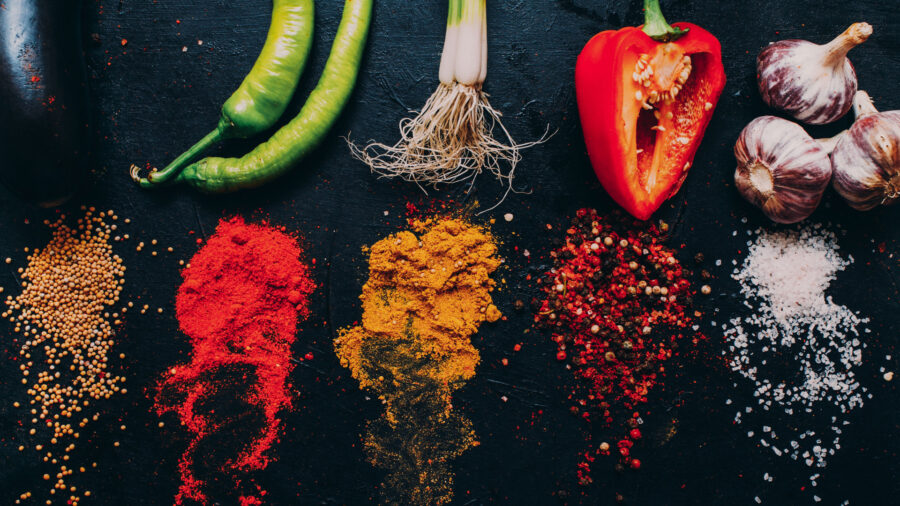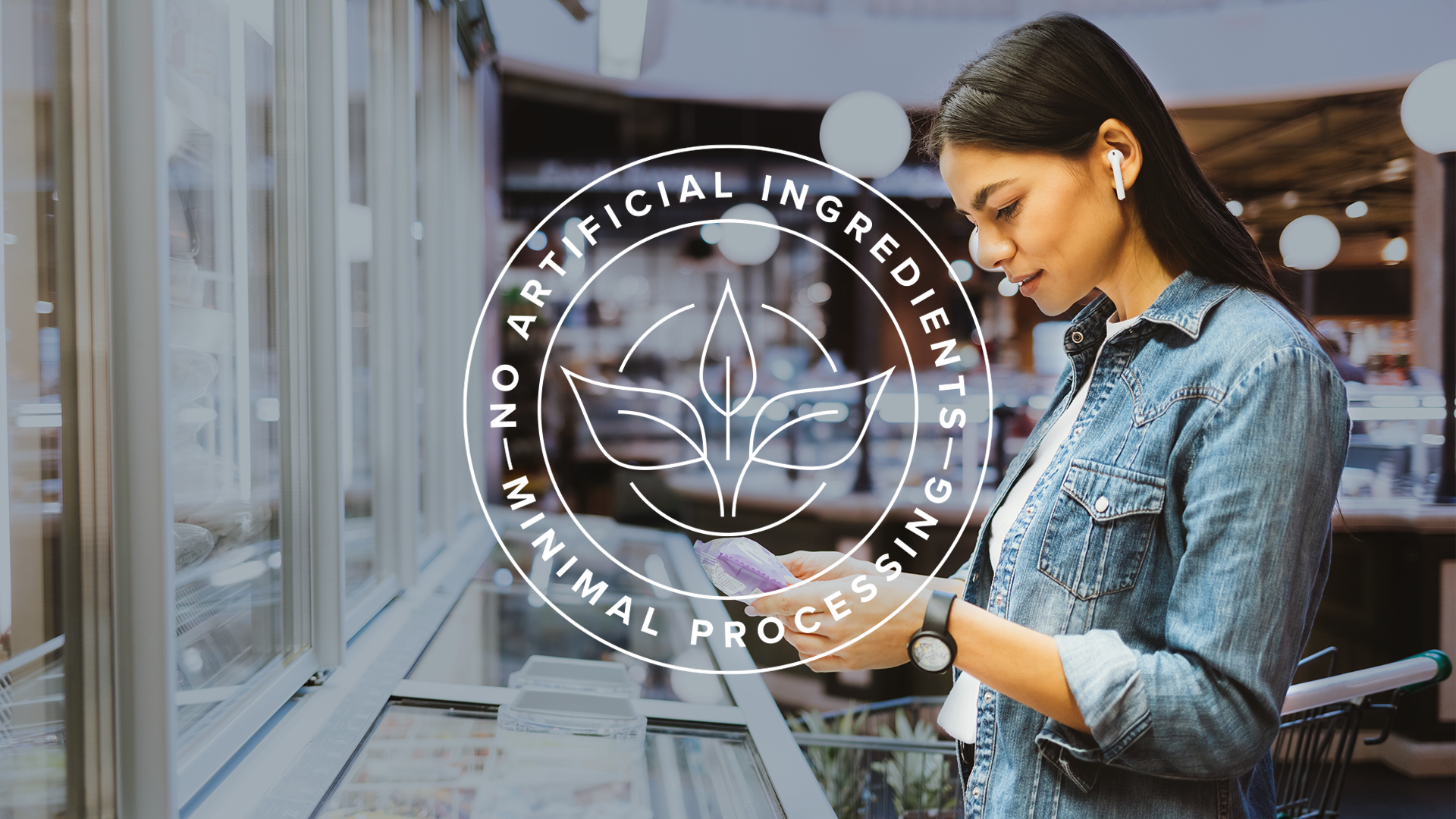Culinary creativity was booming at the Plant-Based World Expo on September 8 in New York City. The official tradeshow of the Plant Based Foods Association (PBFA) included nearly 250 exhibitors showcasing vibrant innovation.
Ben Davis, Vice President of Content at Plant Based World, sat down with The Food Institute’s Susan Choi to unpack expo trends and key developments across the plant-based industry, in a Q-and-A interview that has been edited for length and clarity.
What categories and products are you most excited about here at the expo?
We’ve gotten to see this industry really take off over the last four years. The show has grown over 50% over the last two years, which is a real demonstration of the excitement taking place in this community.
What we’re seeing this year is a shift and a bit of a maturing of the industry and branching out from some of those more basic products to culinary innovation. People [are] taking more basic ingredients and applying some culinary creativity to them to create products – like crab cakes, dumplings, and noodle dishes – that are a bit more interesting than just that burger or patty.
I think the biggest trend right now is really that creativity and bringing the culinary aspect in to take the whole industry to the next level.
What other trends are reflecting what consumers want to see?
I think we can look to ethnic cuisines and world cuisines as one piece. All of us have different backgrounds and cultures that define the way that we eat. Something like a burger patty, it’s a little challenging to get that to be accessible to everyone because it only is relevant to certain food cultures.
But when we start bringing in folks from around the world who are seeing the potential to use plant-based ingredients to create new, tasty dishes, and also be a part of this healthier, more sustainable food system, we start to get to something that we’re referring to as culturally relevant foods where people see something and they want to try it because it relates to them.
Are there any new categories popping up?
You know, it’s not a new category, but I think we’re reaching another maturing point for the cheese side of things where we’re really honing in on that real cheese mouth experience.
Cheeses are starting to wow folks who maybe just a few years ago would have laughed at you if you said that they’ll try a vegan cheese.
Amid inflation, are people still willing to buy and invest in plant-based products?
There are a couple sides to this. One, the simple answer is yes, absolutely. There are people willing to spend more for these types of products to support their own tastebuds and the growth of the industry, trusting that the more we invest in these things with our dollars as consumers, the more that price point can come down.
Which takes me to the bigger picture, which is the infrastructure that the industry is based on. I think what you’re seeing is a lot of investment money, and a lot of effort on behalf of those stakeholders in the industry, going toward not just bringing new product ideas to the table, but also creating infrastructure behind the scenes that can bring the price point down.
We’re kind of at this midpoint now, where people are starting to realize that there’s layers and layers of work that needs to be done to really shift the food system, not just introduce a new product and get people excited about it, but to make it possible for people everywhere to have access to foods that are delicious, healthy and more sustainable.
What should people who are in the business side of the food and beverage space be looking at?
I think the big thing right now is there’s opportunity everywhere.
Think of what you eat on a daily basis. Every little piece of that — those ingredients, the cooking process, even [the supplies and infrastructure] beyond the foods — is opportunity for folks to step in and solve challenges.












